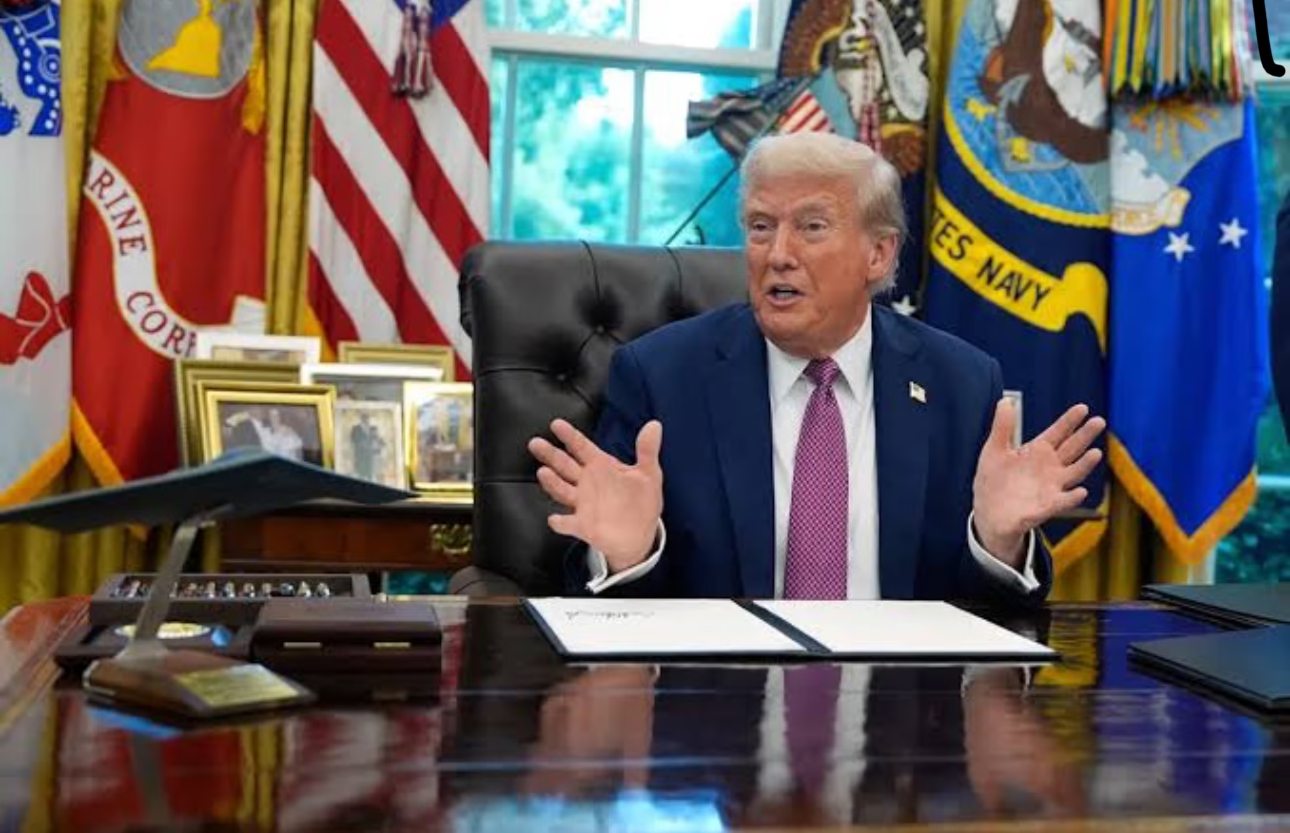FACT CHECK: U.S. EXECUTIVE ORDER ON WRONGFUL DETENTION

President Donald J. Trump did indeed sign an executive order empowering the U.S. to designate certain countries—or even non-state entities—as “state sponsors of wrongful detention.” This measure allows the Secretary of State to impose sanctions, visa and travel restrictions, export controls, and other penalties on those jurisdictions deemed to engage in wrongful detention of U.S. nationals, modeled on the U.S. practice of designating state sponsors of terrorism.
The executive order also includes provisions to terminate such designations if the offending country releases detained Americans, demonstrates policy changes, or provides assurances against future wrongful detention. It even applies to entities not recognized as governments—such as the Taliban—that may hold Americans.
The image’s claim that the U.S. can now “blacklist countries or groups for this practice” is a fair paraphrase of the policy. And indeed, the U.S. administration has identified China, Iran, Afghanistan, Russia, and even Venezuela as potential candidates for facing such designations.
What’s embellished or misleading:
- The image attributes the executive order to “Trump” without context—this is indeed under his second term, not his first.
- It presents the policy shift without nuance—these designations are not automatic blacklists, but involve a process: notification, opportunity for release, and then possible sanctions.
- The claim frames it as a broad, sweeping authority, but in reality, it’s a targeted tool applied in response to identified wrongful detentions.
Implications for Ghana
Current context:
- There’s no indication that Ghana is involved in wrongful detention of U.S. citizens.
- Ghana is known for maintaining generally positive diplomatic and consular relations with the U.S.
How might this executive order involve Ghana?
- Minimal Immediate Impact on Ghana
Since Ghana is not currently implicated in wrongful detentions, the order likely has no direct impact on its citizens or policies. - Potential Diplomatic Ripple Effects
Should any Ghanaian group—or a non-state actor operating within Ghana—be suspected of detaining an American wrongly, this executive order gives U.S. authorities a framework to respond. However, such scenarios are purely hypothetical at this stage. - Future Travel and Aid Considerations
The executive order enables the imposition of travel warnings or restrictions—even for U.S. passport holders traveling to a designated region. If ever Ghana were designated, it could influence U.S.-Ghanaian travel dynamics or foreign assistance. Again, this is theoretical and there’s no indication of any current risk.
Final Take
- Yes, the executive order exists and empowers the U.S. to penalize entities engaging in wrongful detention of Americans.
- The phrase “blacklist countries or groups” is a reasonable simplification, though the actual policy includes steps and reversibility.
- As for Ghana, it remains unaffected—unless circumstances change dramatically, this new U.S. policy is unlikely to impact Ghanaian citizens or foreign policy in the near term.
www.nsemgh.com

